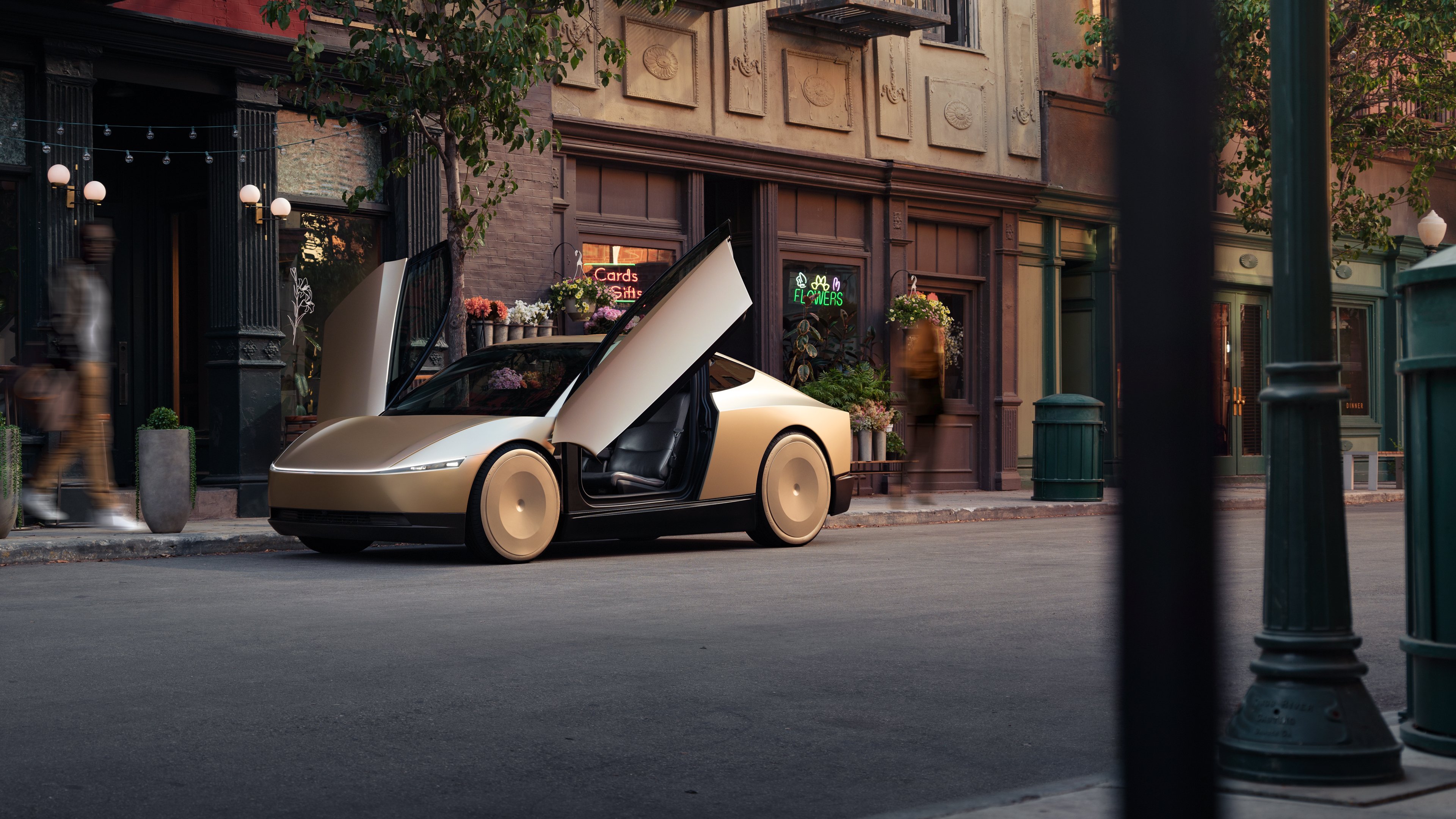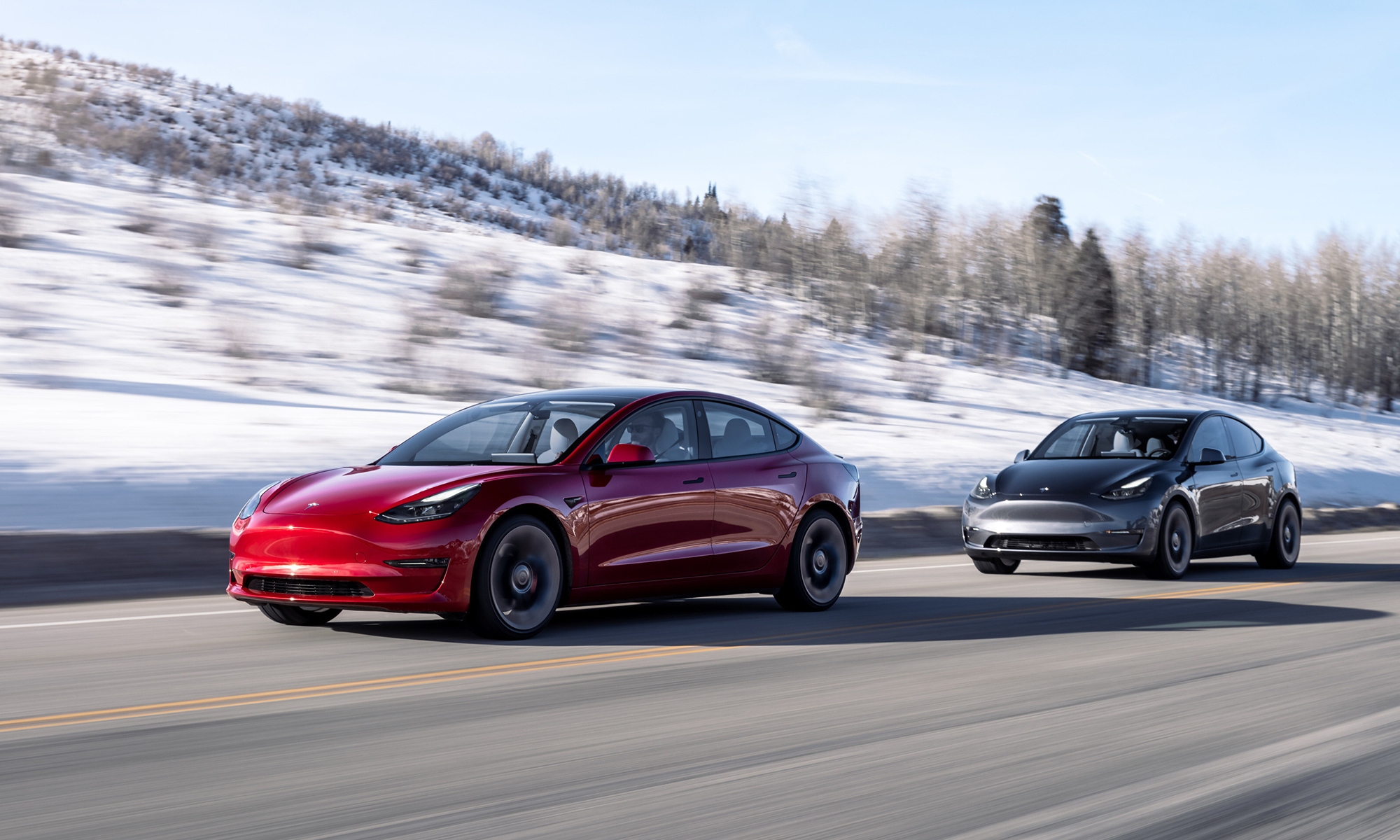"Trucks are a necessity," Ford (F 1.49%) vice president of design J Mays told the New York Daily News in October. Tesla Motors (TSLA +1.91%) CEO Elon Musk agrees. The electric-car maker may only sell a luxury sedan and a high-performance sports car today, but it won't be that way forever.
Why trucks matter
The Ford F-150 has been the best-selling vehicle in the U.S for over three decades. With Tesla's mission to catalyze the market for electrical vehicles, Musk sees an electric truck as a necessity.
"If you're trying to replace the most gasoline miles driven, you have to look at what people are buying," Musk said, according to CNN Money (via Auto News). "[The F-Series is] the best-selling car in America. If people are voting that's their car, then that's the car we have to deliver."
Though this isn't the first time Musk has mentioned the possibility of building a truck, it is the first time Musk has sounded so certain -- even giving a time frame of five years.

Model X. Source: Tesla Motors.
Tesla's pipeline
The addition of a fully electric pickup to Tesla's lineup of electric vehicles leaves the company's pipeline plump full. Tesla plans to launch its dual motor, all-wheel drive Model X SUV toward the end of 2014, and its third-generation affordable car as early as 2016. Though this leaves spacing of about two years between each new vehicle, the company will be facing considerable challenges as it attempts to boost battery production beyond what any company has done before.
Will Tesla's supply chain hold up as demand likely will continue to soar and the lineup of Tesla-brand vehicles grows more numerous? It's hard to say -- but a few comments from Musk during the company's last earnings call suggest that the company's supply issues are only a matter of building out production. The raw material inputs? They're plentiful, said Musk. Sure, "cell production is the single biggest constraint" for Tesla, Musk explained, but "raw materials are not an issue."
Tesla's ability to bring down the cost of battery production so significantly below the industry norm is already a sign of the company's scale advantages in that area. One study predicts lithium-ion battery pack costs won't reach $345 per kWh until 2020. If this is true, Tesla is on a far different cost curve. In a September corporate presentation from Tesla, the company said it's the industry cost leader in battery packs and that it has already worked costs down to a range of about $200-$300 per kWh. Scale that produces cost savings like this could help Tesla ramp up production and build out its own supply chain (or even its own factory) much faster than its competitors.
Will investors see a Tesla truck?
It's very likely. But given the five-year time frame and the stock's bullish market capitalization, even a fully electric truck to compete with the Ford F-150 isn't enough to change the game for prospective Tesla investors. On the other hand, it's at least an encouraging tidbit for Telsa investors who have chosen to hold on to the stock through thick and thin.







